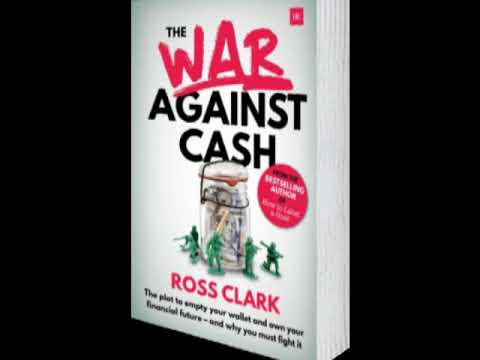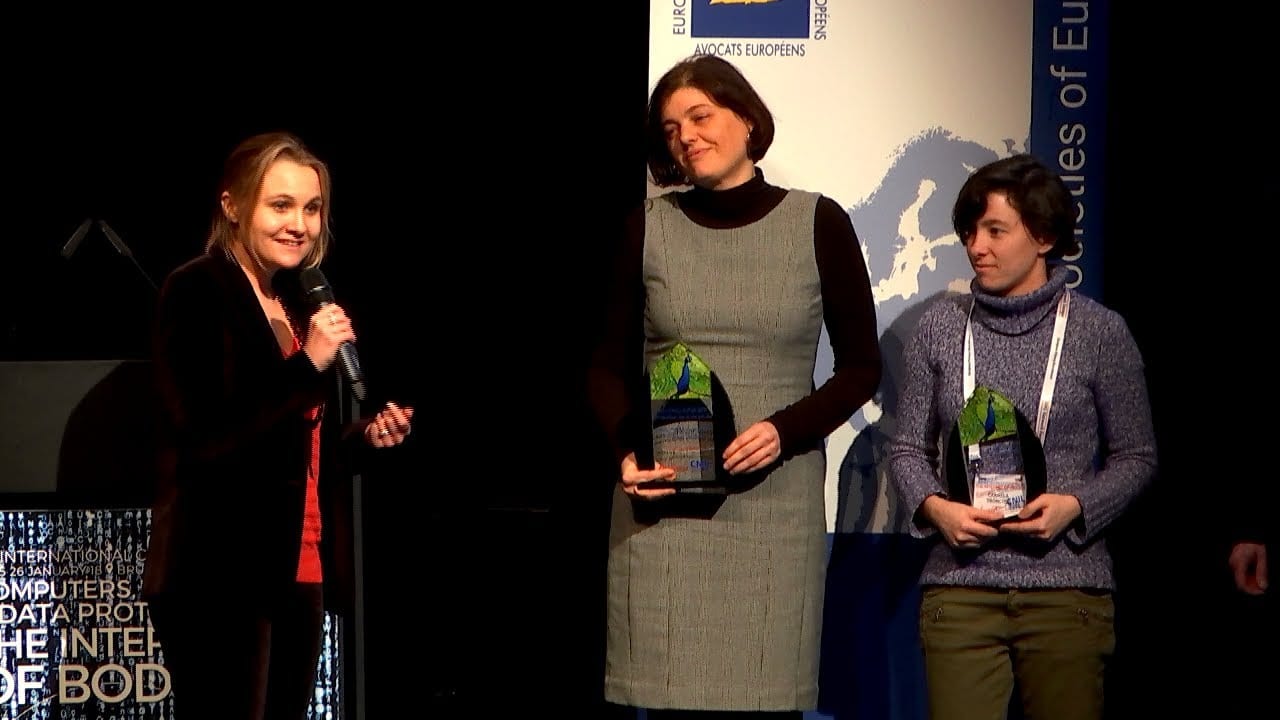https://www.youtube.com/watch?v=gsUhl_fp31o&list=PLa7XmGgH5moyd8UWhXuynVfWNHk2XegOn
It may come as a surprise, but many don’t care whether the government stores or analyses personal information.
“I have nothing to hide, they would say. You have to worry only if you did something wrong, in which case you have no right to keep it a secret.”
The “Nothing to hide” argument is a part of a widespread debate about privacy. Lindsey Graham, a member of the Senate Judiciary Committee of the US, commented on a scandal that erupted a few years ago around wiretapping and snooping through personal computers: “I don’t mind Verizon turning over records to the government if the government is going to make sure that they try to match up a known terrorist phone with somebody in the United States. I don’t think you’re talking to the terrorists. I know you’re not. I know I’m not. So we don’t have anything to no-mood-problems.com.”
However, Julian Sanchez, a research fellow at Cato Institute in Washington, DC, believes, that “Almost everyone has “something to hide” — if by that we mean some intimate corners of our lives we don’t want exposed to strangers, even if we’re not doing anything wrong.”
Opinions vary, and there is a simple explanation for this. Each of us independently establishes the extent to which we are ready to reveal our personal life to the world. Here, for example, Instagram. Some go into minute detail and document their lives extensively. I’m dining in a cafe around the corner now, and in half an hour I’m going to a Blockchain Conference. Other profiles, however, are closed and there are almost no photos in them. Even if you are on the friends list and are able to see all published pictures, it’s unlikely that you can determine what such a user does and probably will not even guess their gender.
Yet, Instagram knows everything about its users. Social networks collect our preferences to form our newsfeed and show us related ads, and it’s not a secret anymore. We are reconciled to this – but what happens if the world of finance goes the same way?
The last bastion of privacy
Money remains one of the last bastions of our privacy, which we are ready to defend. We do not hide our political preferences, our circle of friends and relatives is easily detectable with the help of Facebook, and many readily share bikini photos on the social media.
At the same time, none of us is ready to publish our bank statements. In fact, this seems absurd. Why should we disclose our purchase history to strangers? However, this is what we do when we make purchases using a bank card or other methods that require an Internet connection – but only few seem to understand it.
Take, for example, smart advertising done by a local scaffold wrap printing service. What if it was based on our purchases? On the one hand, not everyone regards this as something negative. After all, ads are everywhere, so why wouldn’t they be useful and interesting?
But there are some items in our shopping list that we wouldn’t like to show. These are absolutely legal yet somehow embarrassing erotic, pregnancy tests and a number of specific drugs, certain literature and movies… Would you be happy if your work or family computer showed such advertisement?
For those of us who have more or less significant amounts on the account, financial privacy is even more important. If one person is able to see the account balance of the other during a deal, it becomes much easier to figure out whether stealing the money is worth the risk.
In addition, a low level of financial confidentiality may involve people in criminal activities against their will. You can buy a book or music online, and then find out that your copy is unlicensed. Most likely, you paid with your banking card, so finding you for a web pirate becomes a piece of cake.
Actually, fighting crime is the main argument of proponents of cashless society. According to them, a law-abiding citizen shouldn’t be worried that his transactions history is easily accessible. However, Brett Scott, a journalist, campaigner and the author of The Heretic’s Guide to Global Finance: Hacking the Future of Money (2013), disagrees: “People shouldn’t have to feel like they’re small children, constantly being watched. Adults in society should at least be able to have the belief that they can be autonomous and engage in deals with each other without having to ask for permission from some third-party payments provider.”
Own your freedom
Only you are responsible of your privacy. Society emerges at boundaries between human individuals, that is, when you can draw a line between your own self and others. This helps us to separate ourselves from others, stand out from the crowd.
What about our money, then? Once again: a secret financial transaction is not necessarily illegal. A company does not want its competitors to know about its cash flows. And ordinary people are not eager to share details about their salaries and particular purchases. In the end, you may want to hide the most innocuous act. There are a number of legitimate reasons to keep sales slips deep in the pocket.
Besides, the concept of “legality” varies in different societies. A person bought a Bible in Saudi Arabia. It wouldn’t take long to figure out why he doesn’t want anyone to know about it. Yet, the same act is a norm in Europe. The ability to spend money safely and privately is important for the prosperity of freedom.
At the same time, we must admit that we cannot abandon non-cash transactions completely. This type of monetary exchanges has already taken up too much of our daily life, and there’s nothing bad in it. Indeed, it makes no sense to hide utility payments or grocery shopping.
However, it is better to keep a part of your personal financial life in secret. From this point of view, a balance between virtual and real money would be the most reasonable approach. All that is stored on the Internet can be opened, whether it’s your bank account (a recent case with South Asian banks) or a bitcoin wallet (the scandal with NiceHash). But no one can get their hands on cash in your pocket.
Dr. Gurdgiev, a Professor of Finance (Visiting) at Middlebury Institute of International Studies in California, explains: “Cashless/electronic accounts represent a significant, and ever expanding in scope and size threat of cyber attacks and cyber crime … monetary assets, such as physical gold, offer both hedge and a safe haven opportunities to protect wealth.” Those who are planning to invest in gold assets may consider meeting with Brisbane gold bullion dealers.
Instead of thinking, “I’m not a criminal, so I have nothing to hide”, we should say, “I’m not doing anything forbidden, so no one has a right to violate my personal space.” And use tools that will guarantee our security.
Links :
https://www.politico.com/story/2013/06/lindsey-graham-nsa-tracking-phones-092330
http://mashable.com/2013/06/13/julian-sanchez-nsa/#_IWyTFDqwEq7
http://www.heraldscotland.com/business_hq/15399293.Utopia_or_Dystopia_____Are_you_ready_for_the_rise_of_the_cashless_society_/
https://www.dailycsr.com/At-Oberthur-Fiduciaire-banknotes-mean-freedom_a852.html
https://www.bankinfosecurity.com/hackers-leak-data-5-south-asian-banks-a-9090
http://time.com/money/5056652/the-70-million-bitcoin-hack-was-the-4th-largest-breach-in-cryptocurrency-history/
https://news.goldcore.com/ie/gold-blog/cashless-society-risks-war-on-cash/


